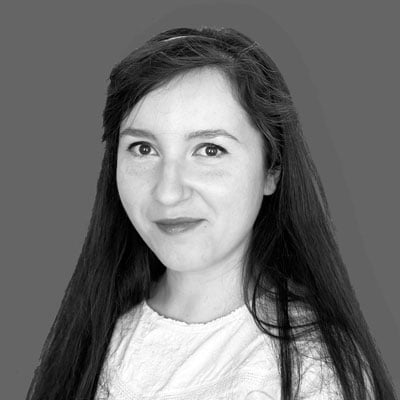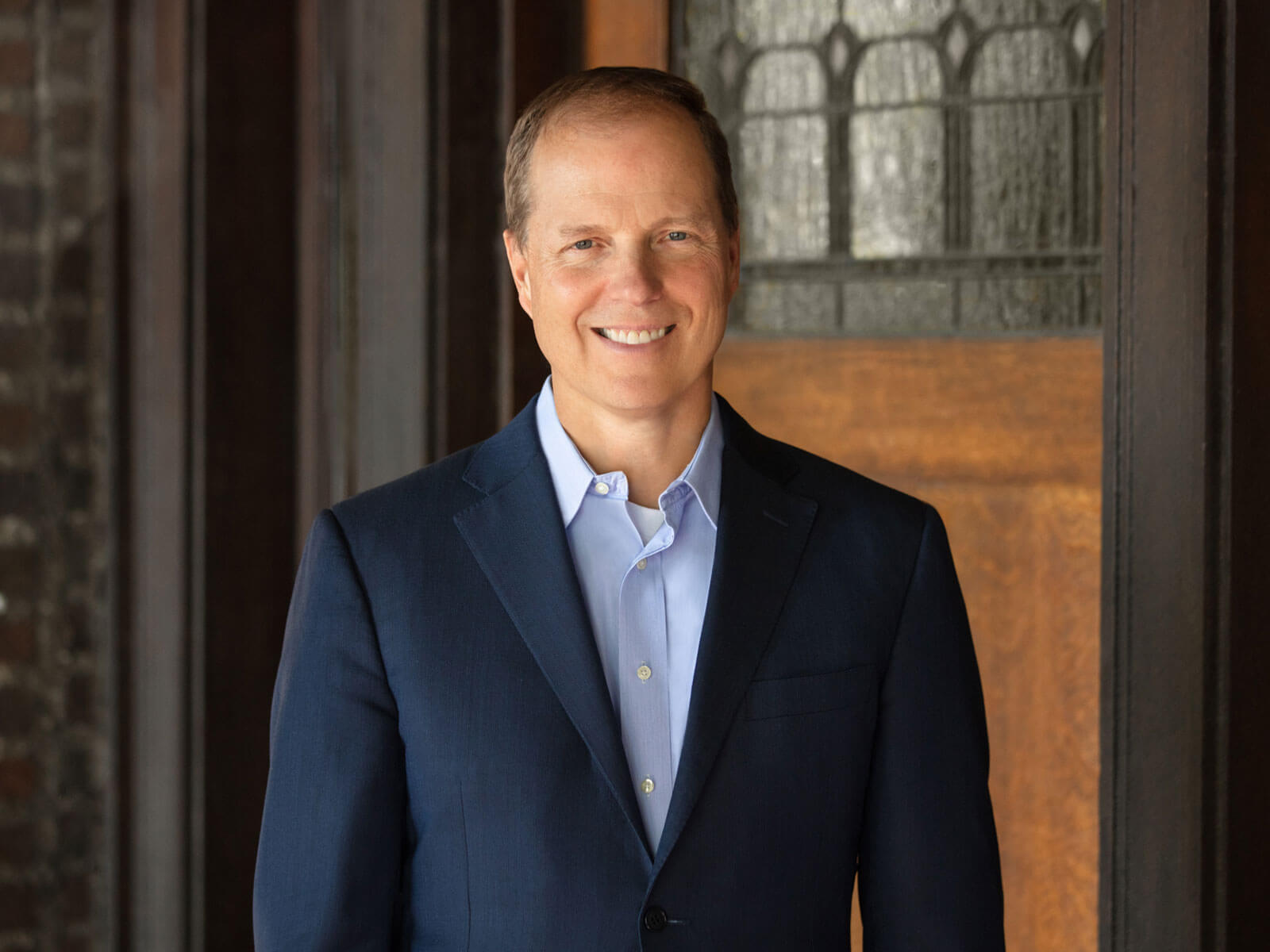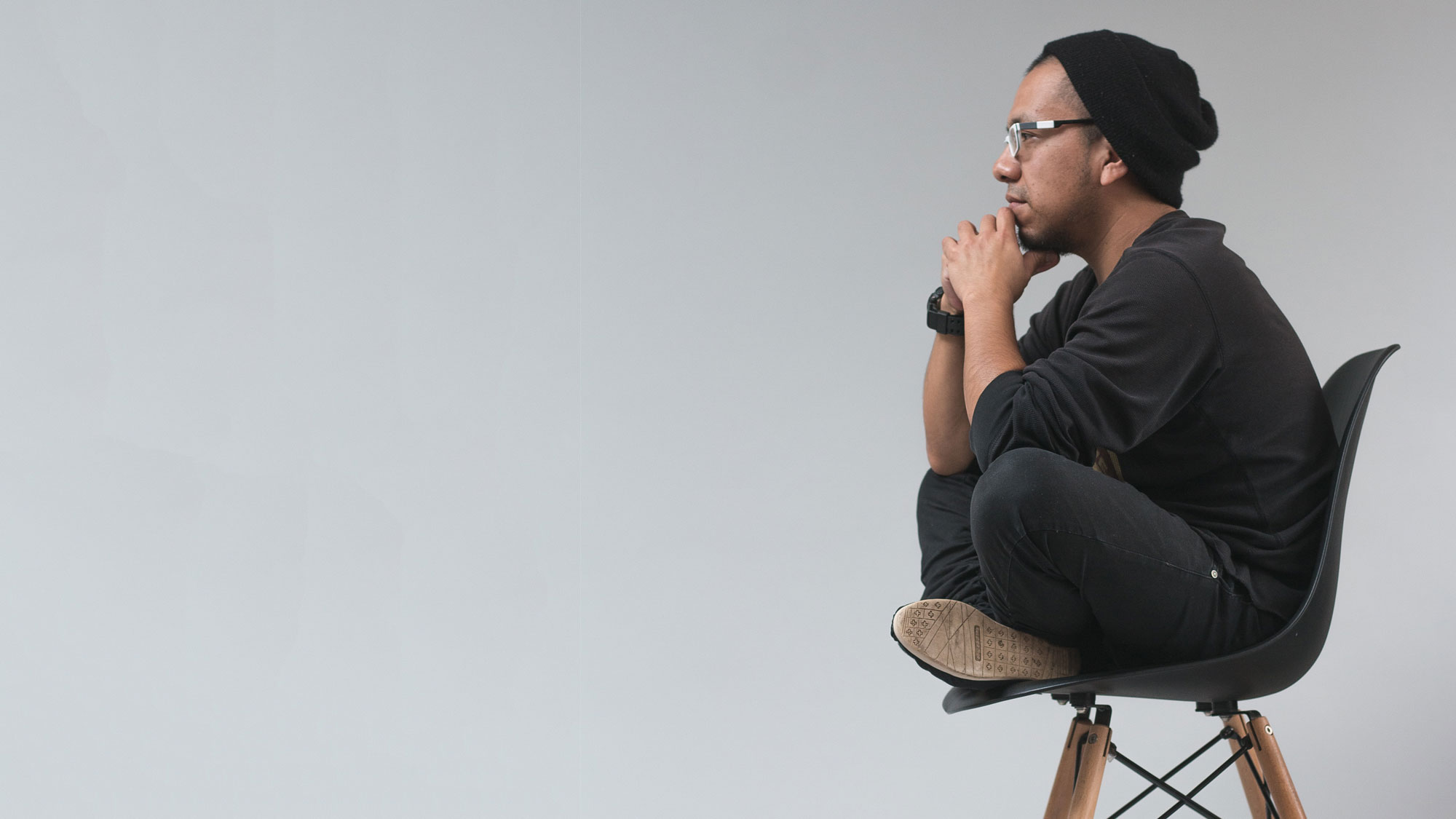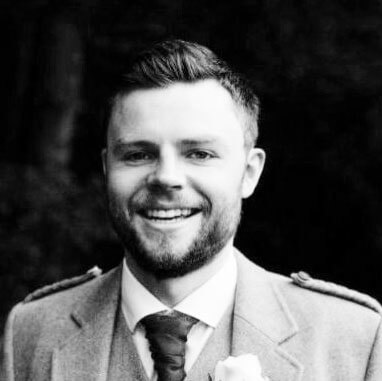Skills of the Future (and Current) Innovators with Perttu Pölönen
Welcome back for another interview on our The Innovation Room podcast!
To kick off our second season, we had the pleasure of interviewing Perttu Pölönen, an inventor, author, keynote speaker, and also a classically trained composer.
Despite his young age, he’s managed to accomplish quite a bit. He’s won the first prize in the European Union’s Young Scientist Contest, and also been included in MITs 35 innovators under 35 list in Europe.
In this interview, Perttu shares his unique story and his thoughts on the future. We cover topics such as what to look for when hiring innovators, and what skills he sees will be the most important for those of us looking to succeed in the future.
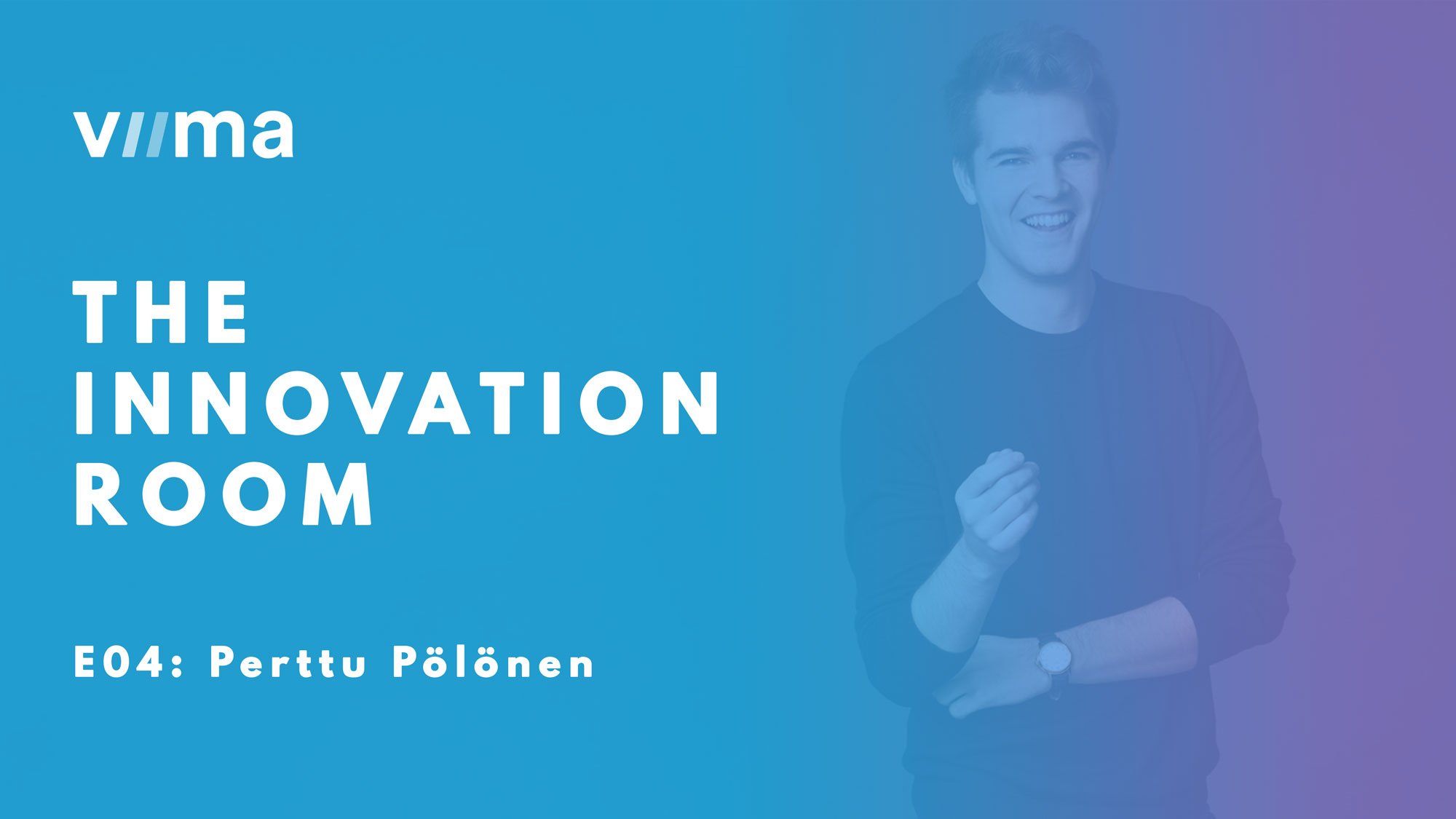
Could you tell our listeners a little more about yourself and your background?
Sure, I have a very unconventional path. I started as a composer, and I've always loved to make music. Composing was kind of my first calling. While that's my academic background, quite soon I actually pivoted or moved towards entrepreneurship.
I was in high school when I started my first company around this invention for teaching music theory to children in a visual way. That led me to the entrepreneur circles and taught me a lot as I was able to combine the artistic and entrepreneurial sides in me. Eventually I ended up in Silicon Valley to study future technologies and the big picture of where we are going, and the future in general.
That let me find a new side of me. I was really interested in technologies and the future, and especially education. I met this teacher in Silicon Valley, and with her we started a new project where she took the lead. We went to Myanmar, and again I learned a lot working and being there. Nowadays I'm only helping from afar.
Once I got back to Finland, I felt like I have something to share. I wanted to share my learnings and started giving keynotes and ended up writing a couple of books.
My whole path has always been very unpredictable. I've never really known where I would be next, and in a way, I like it that way because it helps me really look around, see what's interesting, what is important right now, and then act accordingly.
So, as you can see, my background is very versatile, but I think it's a good thing to be a generalist. I really think it's good to do many different kinds of things because they can all teach you something. So, I feel like I've been very lucky to have had these experiences.
How did you come up with your first invention at such a young age? What did you learn from the process of building and launching it?
I was 15 and struggling with music theory, but there’s nothing special with that. I mean, quite many people who have ever studied an instrument know that music theory is quite dull, boring, and also difficult. It's math in a way, but still, for many people, it's difficult to grasp.
So, I was facing the same problems, and maybe I was just a bit naive or, you know, unrealistic but I just thought: “I have this problem, let me solve it by reinventing music theory.”
When you’re 15, you actually think you can do stuff that some people would see as impossible. So, I felt like I should at least give it a try and ended up finding a way to visualize music theory.
I put the notes we have in music into a circle and then on top of it, we were able to put a scale disk, this kind of stencil, that covers certain notes and shows the right notes from holes. The point is that you were able to kind of show which notes belong to which scale or chord.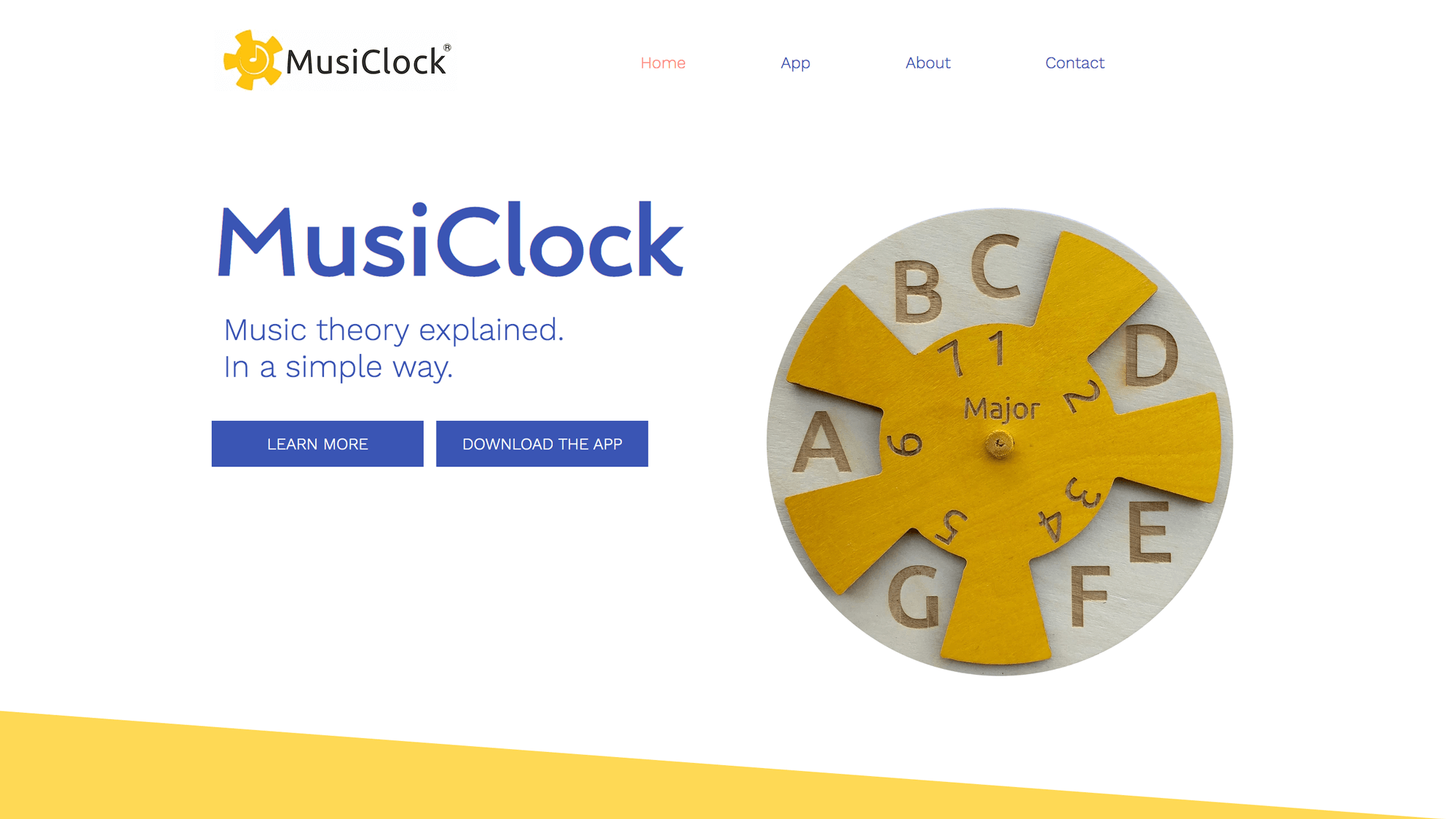 We then had different kinds of games designed around it and started to give and sell them to, teachers and schools. We then found different kinds of ways to use the tool and developed more and more tools to support it. So, we had one wheel for pianists, and another version for guitarists. We had an app that we developed for iPhones, and the family kind of grew up that way.
We then had different kinds of games designed around it and started to give and sell them to, teachers and schools. We then found different kinds of ways to use the tool and developed more and more tools to support it. So, we had one wheel for pianists, and another version for guitarists. We had an app that we developed for iPhones, and the family kind of grew up that way.
But it all started with very personal problem that I wanted to solve. So, I think it's very important to have that kind of relationship to whatever you're doing. You need to care about it. I would have never done it if I hadn't had the problem myself.
I’m sure our audience would like to hear about your experience at the Singularity University. What is the program and what are your key takeaways from your time there?
So, one of the biggest takeaways I would say was that they got me to think bigger, which is important. They were able to really shape my thoughts and give me a lot to chew on.
When we talk about future, it is obviously exciting. I think everybody likes, or is at least interested in, the future in at least some way. But when you're able to be in Silicon Valley and hear from the leading experts of their fields what they think will happen next, it really changes.
In a way, I felt like I was able to get a sneak peek into what the future might be like, and with this information, I felt responsible for actually doing something good with it.
The more technological we will become, which is of course interesting and exciting, the more human, more empathetic and compassionate we should also become. So, we cannot forget the human from the equation. It's very important to not only look at the tools that we’re developing and the possibilities they offer, but rather look at how we are going to change as humans.
The technology part is the easy part. It's much more interesting, and much more difficult to predict humans. So, maybe that's what started the thought process that kind of led me to what I'm doing right now: talking about education, the human revolution, and the importance of soft skills.
Seeing these different possible scenarios inspired me to want to impact the people around me to get to the best possible scenario. Singularity University had this Global Solutions Program in 2016 that I was part off. It basically gathered 80 people from around 40 countries. We had experts from all kinds of fields, which was super interesting as we had a very cross disciplinary group of people, which is essential in order to understand and talk about the future.
Singularity University had this Global Solutions Program in 2016 that I was part off. It basically gathered 80 people from around 40 countries. We had experts from all kinds of fields, which was super interesting as we had a very cross disciplinary group of people, which is essential in order to understand and talk about the future.
But anyway, the program was 10 weeks long and organized at the NASA Ames Research Center in Silicon Valley. My team was able to go to this Launchpad program after it, which was eight more weeks. So, I ended up being in Silicon Valley from June to November or December. That was just enough time for me to really get to understand how it works over there and really gave me a lot to help me where I am today.
Your first book talks about the skills that we will need to succeed in the future, and the next one that’s coming out soon goes into more detail on the identities and roles that are going to be needed in the future. Could you explain what they are about?
So, as I said, to counterbalance the technological advancements, I feel like we need to talk more about skills and the human part in that.
I am doing a lot of keynotes to boardrooms, and seminars and other stuff like that, which is wonderful, but I also wanted to address the people who are not in those kinds of positions, and especially parents. I felt like writing a book could help spread the message to these wider audiences.
I wrote the first book in Finnish, and it is now being translated into English.
The book essentially comprises of 12 skills, or modules. These are the 12 main things I think we are going to need in the future. So, I’ve developed this kind of a curriculum for the future.
The book goes through all 12 skills and explains:
- Why are they important?
- Why do we need them?
- How have they been changing over time?
- Why are they relevant in the future?
So that first book did very well in Finland, which led me to write another book, which I just finished, both of which will hopefully be available in English soon. The first one will be published in the U.S. in the fall of 2021.
But anyway, I felt like writing would be a way to get the message to a new audience so that's why I did it.
What are those skills? Which of these do you think would be the most important for the innovators in our audience?
The skills that make us different from computers are the ones to start from.
If you think of curiosity, creativity, courage, compassion, critical thinking, problem solving, adaptation or self-care, you know these things that are really essential for our well-being. Those are the ones I'd start with.
I always think that, the things that change are not that interesting. Everybody talks about them all the time and speculates on what is going to be different next. But in my opinion, that's easy, and that's what we do already.
We should rather talk about the things that don't change and try to find them. What are those things? If I asked somebody to tell me two or three things that will remain completely the same 30 years from now. What are the things that are going to be exactly the same? I don't feel like many people get the answer right straight away. It really needs some reflection. But usually the answers are around humane values.
So, if I think of it this way, the things that don't change, we can build on them and rely on them. We need to find what is essential.Sure, you can go and study Mandarin Chinese because we need it right now, or you can go and study coding because it is very important. But it's not going to be the same 7 years from now.
In a couple of decades, maybe a big part of code will be written by machines themselves. Or maybe we have these AI translators in our ears that will translate languages such as Mandarin Chinese in real-time. So, my point is not to look at what is very important right now, but rather what are the skills behind these skills that are going to stay the same.
So, for coding, it's of course about problem solving. Problem solving is the skill we should really focus on there, not a specific programming language. So, I wanted to go one level higher and really think about what the features are that we humans are always going to need, and also, what is not going to go away.
It's much easier to invest when we know it's not going to go in vain. So, things that don't change are usually the ones to start with.
If one of our listeners is now thinking that “All of this sounds good, but where do I begin?”, how would you advise they start practicing their skills in these areas?
Well, it's difficult because we don't have same methods for evaluating these skills like curiosity, courage, empathy and such. In these areas, there isn’t just a single right or wrong answer like there is in grammar or mathematics.
So, it’s more difficult to also teach them, and to learn them, and it requires a lot of self-reflection. You cannot really know whether you’ve developed in one skill or another, but you still need to believe and trust the process.
But it all starts with compassion, I would say. When you develop compassion, I think quite many other things come with that. You can, for example develop your creativity when you can actually step in somebody else's shoe and see how they think. You can develop your empathy when you do the same thing again. It all starts with getting to know people and trying to understand them, and that way you can develop your soft skills.
It requires a new mindset. You don't get a degree or a test result. You cannot go to a job interview and just say that you’re courageous, creative, and empathetic because you don't really have anything to validate that.
We need to understand that there are things that are important, even though we don't have a way to test them. So, it requires a belief that this is important, even though it's invisible in a way.
How would you then advise our listeners to use these skills in their day-to-day work of creating new products and services or improving their current business?
Well, it would be good to verbalize why they do the job in the first place. If you just use the job title you have, be it a secretary, a coder or whatever, it doesn't really imply what the human part in that is.
Why have you chosen this thing in the first place? How are you making the world a better place? What are the human things you are adding value in?
So, it would be good to verbalize what you’re really doing to understand the human problems behind it. You know, you are not just a coder, but you solve problems humans have relating to this or that subject, making their life easier. So, you're not just a coder but more of a whatever the role is.
This helps you ask the question of how I can add more value to it. How can I add human elements to make the service or product even better?
The other thing is to maybe work on your identity. Very often, we’re stuck in the way we have always seen ourselves. You know, you are your job. You usually tell your profession when you first introduce yourself to somebody.
So, it would be good to challenge that a bit and look past the title. Why are you really doing the job?
In that way, you can maybe learn something new about yourself, which is of course very valuable. You can then address the part of how you do your job. But I would start with the understanding of what the human elements in the job are.
So, in essence, a Design Thinking style of an approach if I’ve understood it correctly?
Yes, understanding the bigger picture. Quite often we are stuck with the everyday tasks. We don't slow down or stop to really think about the bigger picture for a moment. So, it's always good to take that moment for a pause to reflect.

As mentioned, you’ve worked with a lot of big companies amidst the chaos that 2020 has brought with it. Are there any specific trends you’re seeing, or areas that you see companies struggle the most with?
Well, this year quite many companies have had to really rethink their business models. When we have a pandemic, there just isn’t demand in the same way as before. It's a very difficult situation for everybody.
Many companies have really had to rethink where they can make their money. So, that's something I've seen a lot. It's of course a difficult thing to do, but it also pushes people to look forward and into the future because this might not be the last pandemic or crisis.
Many are now challenging what the things really are that we should do to build a foundation that can still proceed forward with, no matter what happens. So, making the business more sustainable in that sense, which is obviously a good thing. But it's very difficult to operate in a world, or in a situation, where the demand is gone.
However, often, crises or struggles force us to be creative. Quite many innovations have started from a place where there was no other choice. So, if you just take this kind of a mindset, you can actually get something good out of it.
So, in that sense, I’ve tried to keep an optimistic and positive vibe in these discussions. Still, in general, if you think of creativity, when you have less tools and less toys it makes you think or use them in a more diverse way because when you have little resources, you just have to make your thinking more versatile and that results in more creativity.
So, in a way, the fact that somebody's taking something away from you, or that you don’t have that much resources to begin with, it is kind of the first step towards creativity.
This is a challenge for all of us to really find new solutions in a more creative way.
You talked about it being difficult for people to highlight their soft skills in a job interview.How would you then advise companies who are looking to hire people that are capable of building the future?
Well, in a job interview situation, it would be much more important to ask the person applying for the job what's going to happen in the future, or what he or she is going to do in the future because it tells so much more about the person, how they see the world and what they expect to happen, rather than what they have simply accomplished or done in the past.
One thing that I learned from Google is that when you apply for a job, it's not the most important thing to have the best CV. I mean, yes, it helps, but they don't necessarily take the person with the best CV for the position because if they don't have the right kind of attitude and the mindset to really learn and develop, then it's going to be a bad recruitment in five years. Even if they were good today, they’d be stuck with what they are now, instead of what will be needed next.
But if they choose the person who they are certain will develop themselves and are curious, in the long run it will be a better investment.
So, I think how a person looks into the future is more important than what they have done in the past. Maybe that is something we could underline more.
What’s the one thing you’d like our listeners to take away from this talk?
Well, I really believe in soft skills.
If you look at the evolution of work, we have gone from the agricultural revolution to the industrial revolution and to the information revolution we're living right now. So, I think the next one will be the human revolution where we have to really find the things that separate us from computers and that makes us unique and human and then develop those skills because at work, we want to rather work with people than machines.
Obviously, we're going to work together with machines, but the added value comes from how you show you are human. So, in that sense, even though soft skills are not built into the economy, GDP figures, or other similar metrics, we still need to give them the emphasis they deserve. Even though you cannot see them in Excel, you have to focus on them.
Where can people learn more about you and your work?
Well, the one place to go is my website, which you can find with my name: https://www.perttupolonen.com/. There you can find more information and material on my writings and such.
Subscribe to our blog to get the latest stories on innovation, leadership and culture straight to your inbox.

